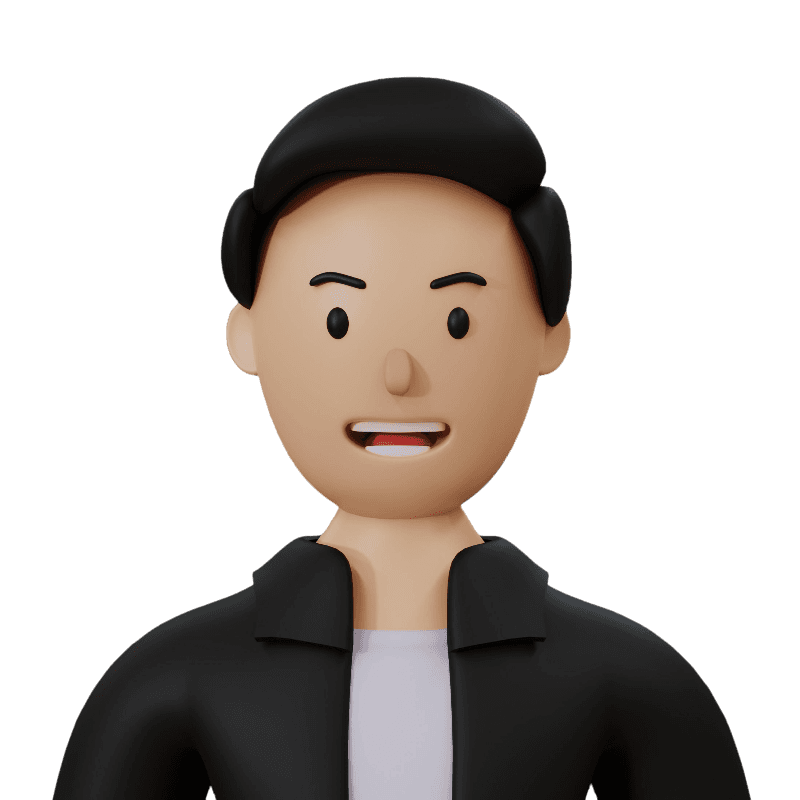With the unfolding advancements in artificial intelligence (AI), the healthcare sector is poised to undergo a significant transformation that could revolutionize the way doctors, physicians, and healthcare professionals operate and provide patient care.
A New Dawn In Healthcare
The harnessing of AI in the healthcare sector presents an intriguing proposition for improved patient outcomes. AI fosters an environment for deeper learning, offers predictive analyses, helps manage and analyze large amounts of data, and paves the way for precision medicine. These elements are enhancing patient care, driving efficiency, and are truly revolutionizing healthcare.
How AI is Transforming Healthcare
AI’s influence is far-reaching, from administrative tasks to complex medical procedures. Artificial intelligence holds the power to fundamentally affect the way healthcare providers operate and interact with their patients.
Predictive Health Analysis
One significant breakthrough in AI integration in healthcare is predictive health analysis. Systems developed around machine learning algorithms can now predict potential health problems even before symptoms appear. This has given a new dimension to preventive healthcare, enabling medical practitioners to act promptly and reduce the overall impact of the disease on patients.
Precision Medicine
The application of AI in precision medicine is breaking new ground. AI algorithms can analyze vast amounts of genetic and medical data to identify patterns and connections that can predict disease vulnerabilities and chart effective personalized treatment plans. This precision approach can treat the roots of a disease considering the patient's singular genetic makeup rather than employing a generic treatment plan.
Robotic Surgery
Robotic surgery, guided by AI and machine learning, is enlarging the sphere of minimally invasive procedures, improving the precision of complex operations, and reducing patient recovery time. In addition to assisting in surgery, AI-robots can perform post-op monitoring, keeping a close watch on patients' vital signs and immediate post-surgical responses. The immense potential for reducing human error and increasing the effectiveness of surgical outcomes is evident, with AI technologies already at work in operating rooms worldwide.
AI and Drug Discovery
AI is a pivotal player in drug discovery, promising to accelerate a traditionally lengthy and expensive process. AI can streamline the process of identifying potential drug candidates by analyzing massive biochemical and pharmacological datasets and making insightful connections. By learning from each iterative cycle, AI can predict successful outcomes based on patterns from previous successful drug development campaigns, advancing the future of drug discovery and development.
Administrative Tasks Automation
Beyond clinical applications, AI is also contributing significantly in administrative tasks. AI-driven systems can ease the burden of administrative work like scheduling appointments, maintaining patient records, and billing. This allows healthcare professionals to focus more on patient care rather than administrative duties.
The Future is AI
While these advances demonstrate AI's transformative capabilities in healthcare, we are only scratching the surface of possibilities. Looking into the future, AI is poised to play an even deeper role in healthcare, from predicting pandemics and developing novel therapeutic strategies, to enabling truly personalized care.
As healthcare continues its symbiotic relationship with AI, there will be challenges, such as data security and privacy, ethical use of AI technology, and the need for continuous learning and adaptation among healthcare professionals. As these challenges are met, the future is clearly one where AI has a transformative role, revolutionizing the world of healthcare.
Conclusion
In conclusion, the integration of AI in healthcare is not only revolutionizing the medical field but also setting a whole new standard for patient care. AI is an innovative tool that, when used effectively, offers vast potential to create better health outcomes and make healthcare more accurate, efficient, and personalized. The future of healthcare with AI holds much promise, and as we continue to invest and explore its capabilities, the possibilities are endless.



